Title III Program Administration
What is Title III?
Title III of the Higher Education Act of 1965, as amended, Strengthening Historically Black Colleges and Universities (HBCU) and Strengthening Historically Black Graduate Institutions (HBGI) Programs, authorizes special assistance to strengthen the quality of developing institutions which have the desire and potential to make a substantial contribution to the higher education resources of the nation. Amendments to the Act have altered some elements of the program, but it remains as written—an instrument to assist institutions in demonstrating a constructive effort to strengthen themselves.
The impact of Title III funds on the effectiveness of Historically Black College and Universities (HBCUs) is unmistakable. Because of funding shortages, HBCUs and other minority-serving institutions have become adept at doing more with less. As a result, grant programs like Title III have become essential to improve student enrollment, retention, and graduation rates, and to enhance academic quality. Title III, created by the Higher Education Act of 1965 (HEA), was enacted by the U.S. Congress to provide federal assistance to strengthen and improve the academic quality of developing institutions of higher education.
Bowie State University has three programs funded under Title III Strengthening Grants Program: (1) Historically Black Colleges and Universities (HBCU), (2) Historically Black Graduate Institutions (HBGI), and (3) Fostering Undergraduate Talent by Unlocking Resources for Education Act (FUTURE Act). Each program has funded project activities designed to help meet various University Strategic Goals.
Funds are used to make improvements in the following areas: Academic Quality, Student Services and Outcomes, Institutional Management, and Fiscal Stability, the four focus areas of Title III.
The Bowie State University Strategic Plan Goals supported by Title III are as follows: (1) Deliver high quality academic programs and relevant co-curricular experiences; (2) Develop and implement programs and services that promote access, affordability, and completion for a diverse student body with an emphasis on underserved populations; (3) Conduct and sustain academic transformation initiatives to improve student success and promote greater faculty collaboration; and (4) Advance the overall effective and efficient use of resources and identify new revenue sources to support the university’s core mission.
